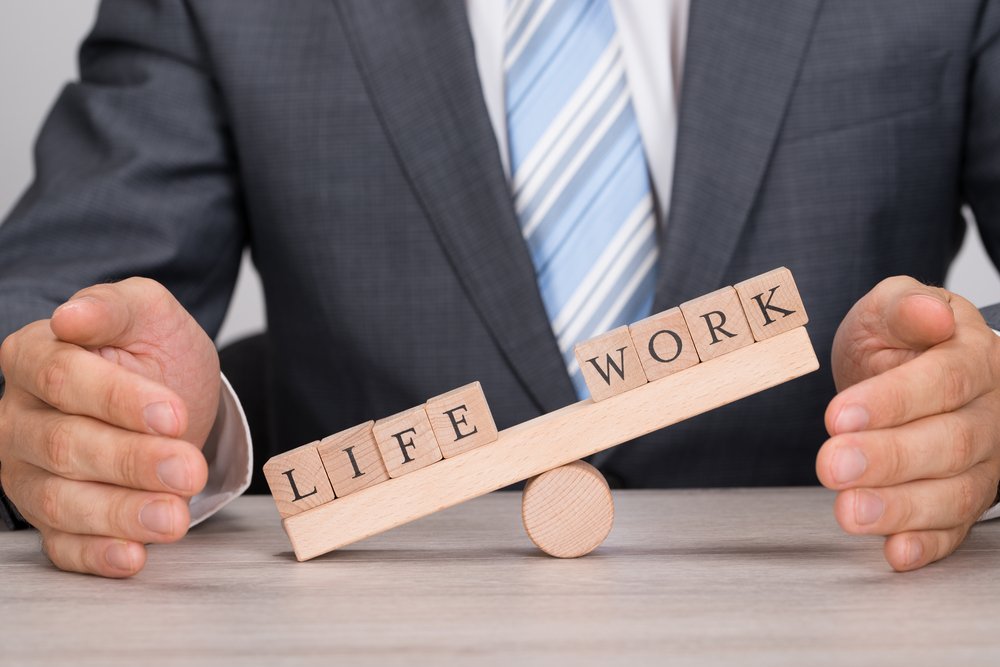And The Critical Mindset Shift You’ll Need In Order to Work Smarter, Not Harder
I used to operate as if being a successful business owner meant that I had to work long hours as a norm and to hustle pretty much all of the time. Yes, I took regular vacations, found time to socialize and exercise, but even much of that time, I woke to work on my mind. I fell asleep after checking back in on work for what could be hours after dinner. I regularly worked 12 hour days and I kept a notepad on the bedside table so that I could write down to-dos I didn’t want to forget the next day. My calendar was always overbooked, sometimes double and triple booked.
I didn’t intend it to be that way. In fact, I set out with a strong intention to set up a business doing work I loved that delivered real value to clients and afforded me the lifestyle I enjoyed.
But despite a business degree, a project manager certification and over a decade of professional experience in the corporate world at the time — not to mention years of study in organizational change management, efficiency and social psychology — I simply didn’t have the tools to do things differently. And when I looked around, I didn’t see others doing things differently either – at least not others that seemed to be succeeding in measurable ways like turning a profit or consistently delivering on client demands.
But the other thing I realized was that many of the people did not seem very happy. Sure, they might be succeeding financially, they might be respected, but as I looked around, I didn’t see the quality of life that seemed so important to make it all worth it.
So I set out to make big changes. As I started to do that for myself, my workday and my lifestyle, clients asked me to teach them how I was doing it. I’m going to share a few things I’ve learned along the way – along with a critical step that took me years to finally take in a lasting, impactful way.
If you feel that the way you’re working is not working for you, I encourage you to make changes without delay.
Is Working Harder the Only Way to Real Results?
We’ve all heard the saying work smarter, not harder. And building a sustainable, profitable business means you’ve got to work smarter, not harder. In fact, so does building a sustainable, successful career of any sort – one that you enjoy, one that is more fulfilling than draining.
While there are times that you need to hustle – for instance, when you’re first starting your business or establishing yourself in your career- it’s a red flag if that’s becoming the norm for you or your team. It’s a recipe for burnout, not sustained success. You need a strategy to make things sustainable. And then you’ll need a different strategy when you’re ready to grow or make a pivot.
In the US, the cost of overwork is real. Study after study shows that not only does it have a negative impact on our results, it also affects the quality of our health, our relationships and our lives. Yet still so many of us do it. If you’re in the U.S. you’re living in one of the most overworked countries in all of the developed world.
One has to wonder — is all this hustle worth it? Are we building more profitable businesses, making more of an impact, leading fulfilling lives – by working more?
The short answer is no.
The Cost of Overwork
Many of us, especially in the U.S., are proud of our work ethic, but that’s at a high price. When it comes to our workday – our careers and our businesses – the science is clear: the way we’re working isn’t working very well. Here are just a few reasons:
- Our decision-making ability drops when we’re tired
- Study after study shows that our brains are not designed to multi-task
- When we do multi-task, it not only lowers work quality and efficiency, but new research shows lasting cognitive impairment from too much multi-tasking
- And if you’re sitting at a desk for long hours day after day, this correlates to premature aging and even early death
Research also shows that when we put in 50+ hours per week, it has a negative impact on our ability to reason and to think critically and creatively – and our work suffers as a result.
What is your experience? Do you sometimes find yourself missing important details in documents after a long day? Do you struggle to come up with creative solutions or make effective decisions when you’re tired?
I knew this was true for me. I knew that I was highly focused, hardworking and efficient. But I also knew that the longer I spent working, the less effective I was. Yes, I might eventually get the work done, but it took longer and the quality would suffer. And study after study shows that most of us operate under a similar effect of diminishing returns — we’re simply not as effective when we push ourselves to work too hard for too long.
Study after study shows that we can accomplish more working 40-50 hour weeks than 80. Just a few years ago, this report with over 150 years of research shows that overly long hours hurt profits and productivity, not to mention employee morale and well-being.
Yet study after study isn’t enough. Most of us know that the way we’re working isn’t working for us. So why don’t we make a change?
Today I’m going to share one myth that may be standing in your way – and one shift you can make now.
The Most Elusive Productivity Myth
Myth: More effort will improve my performance. This is the idea that if I just work harder or longer or more, then I will eventually succeed: my business will grow, my profitability will rise, and I will reap the rewards of my success even if those rewards are years down the road. In fact, this is not what the research shows. There is a steep drop off after about 50 hours of work in a week.
Not only does overwork drain your energy and impact your ability to make good decisions, it also impacts your health, your relationships and can even sap your confidence.
Studies also show that when you work too much, you tend to work in circles… putting out fires, responding to something that at least seems urgent, going through emails or voicemails, putting out fires, responding to emails… but you’re not actually getting the most important things done.
- What if the key to lasting success – for you and your team – was actually working less hours over the course of the week and getting better results for it?
- What if part of that equation involved getting more sleep, more time off and spending time with your loved ones?
Study after study shows that if you design your days to work smarter, then you could experience real growth in your business, sustained profitability, dramatic change in your work day and work product, not to mention improved relationships and more enjoyment.
And it’s possible: I assure you that if I can do this, if my clients can do this, you can, too.
I promised to share one tool to help you right now, and it’s this:
You’ve got to commit to making a change. Set a strong intention to work in a new way, even if you’re not sure what exactly that looks like just yet.
This is not as easy as it may sound. Not only do you need to set the intention to structure your days differently, but you’re going to need to put the time, energy and possibly money behind doing so.
You may have some very strong (conscious or unconscious) belief sets that say – for x y or z reason – this is not possible for you. Others may achieve success and be able to take lots of time off for vacations or yoga or golf. Yet it’s not possible because of the industry you’re in, the clients you have, or even the way you work best. Or it’s not possible because no one else around you is doing it.
You may also have some very real resistance to the idea of making a change. While part of you longs for a way of working that is more sustainable and enjoyable, another part of you wants to keep you safe by not rocking the boat. Certainly, if you’ve achieved professional recognition or financial success in doing things a certain way, it can feel risky, even irresponsible, to make a change.
If this resonates for you, I invite you to reach out for a chat – or complete this short form to see if you qualify for a discovery session. Everyone is different and what works for one isn’t the most effective strategy for another. If I have a resource to help you, I’ll share that with you. And if I can recommend an alternate solution to you, I will.
As always, I hope this has been helpful to you! If you’d like more, I invite you to go here to receive 5 more strategies for working smarter and not harder.
You can also learn more about me, read more blog posts, download five free tips to build a business and life you love, or check out the stories of people who have worked with me.







